Licensing your course content to organizations can feel a bit daunting, right? You’re pouring your heart and soul into creating valuable material, and the thought of sharing it with others can bring up a swirl of questions. But you’re not alone in feeling this way—many educators and creators have been in your shoes!
Hang tight, because in this guide, we’re going to break it down step by step. By the end, you’ll have a clear understanding of how the licensing process works and how to navigate it effectively. Trust me, it’ll be worth your time!
We’ll explore everything from determining your readiness for licensing to crafting a solid agreement that benefits everyone involved. So grab a comfy chair and let’s dive into the world of course content licensing together—it might just unlock new opportunities for you and your creations!
Key Takeaways
- Understand the licensing process and define what content you’re offering.
- Assess if your course materials are high-quality and if you have the audience demand.
- Identify which types of content (like videos or quizzes) can be licensed.
- Develop a clear licensing agreement covering usage, payment, and conditions.
- Find organizations that align with your course topics for potential licensing deals.
- Provide support and resources to your licensees for successful collaboration.
- Monitor and maintain licensing agreements regularly for long-term success.
- Be prepared to answer common questions about royalties, exclusivity, and termination.

1. How to License Your Course Content Effectively
Licensing your course content effectively starts with understanding what licensing means for you as a creator.
It’s not just about distributing your materials; it’s about creating a structured agreement that respects both your rights and those of the licensee.
First, you want to clearly define your content and what exactly you are offering; will it be full courses, modules, or individual materials?
Next, find out who your ideal audience is and what organizations might benefit from your expertise.
Finally, draft a licensing agreement that outlines the terms of use, duration, payment, and other crucial details.
Remember to consult a legal expert to ensure everything is above board, particularly when it comes to intellectual property.
2. Determine If You Are Ready to License Your Course Content
Are you ready to license your course content? The answer lies in your current situation.
You have to assess your course’s quality: is it well-structured and engaging enough for others to want to pay for it?
Additionally, do you have a dedicated audience or track record that demonstrates demand for your course?
If you find yourself nodding to these questions, it’s a good sign.
Evaluate your own bandwidth; licensing requires ongoing support for licensees, so consider your availability for this.
Finally, have you already developed clear and organized course materials that others can easily implement?
If you’ve checked these boxes, then you might just be ready to take that leap!
3. Identify What Course Content Can Be Licensed
Know what you can license! Start by listing all the different types of materials you’ve developed.
Your content could range from video lectures and workbooks to quizzes and assignments.
A good rule of thumb is to identify which materials are valuable and have the potential to be reused in different contexts.
Also, consider including supplementary materials, such as marketing kits or templates, which can enhance any course offering.
Talk to potential licensees to understand their needs—this way, you can tailor your offerings to meet real-world demands.
Lastly, categorize your materials based on clarity and comprehensiveness; licensees need to know exactly what they’re getting.

4. Understand the Licensing Process
Understanding the licensing process is essential for smooth sailing.
First, know that licensing typically involves several key steps including negotiations, agreements, and ongoing management.
Start by reaching out to potential licensees to gauge interest.
Once you have some interested parties, you’ll enter the negotiation stage where details like territory, duration, and types of usage will be discussed.
Next, drafting a clear licensing agreement is crucial; this document should cover every detail on how your materials can be used.
After the agreement is signed, maintain open lines of communication with your licensee for any questions or issues that may arise.
Finally, perform periodic reviews to ensure all terms are being met and look for opportunities to refine the agreement.
5. Explore the Benefits of Licensing Your Course Content
Licensing your course content can be a game changer for your revenue stream.
One of the biggest benefits is access to a larger audience.
By allowing organizations to use your materials, you expand your reach without directly marketing to every potential customer.
You can also create a consistent and passive revenue stream; licensees typically pay upfront fees or royalties that can provide income over time.
If your educational content solves real problems, it’s likely to be in high demand, especially as organizations shift to online learning.
Moreover, licensing offers you the chance to build partnerships and enhance your brand’s credibility by associating with reputable institutions.
6. Prepare Your Course Content for Licensing
Preparing your course content for licensing requires attention to detail and clarity.
Start by cleaning up your materials; ensure everything is easily understandable and formatted professionally.
Next, package your offerings in a user-friendly way, perhaps using platforms that enable easy access and navigation.
Consider creating a comprehensive usage guide that outlines how to use the materials effectively.
Gather testimonials or data that showcase the effectiveness of your courses; use these as selling points during negotiations.
Lastly, consider developing supplemental resources, like marketing templates, to make your licensing offer more attractive.
7. Find Suitable Organizations to License Your Content
Finding the right organizations to license your content can take some research.
Start by identifying sectors that align with your course topics; look for educational institutions, corporate training departments, or nonprofits.
Reach out to industry contacts or utilize platforms like LinkedIn to connect with decision-makers.
Attend conferences or workshops relevant to your field; this is a great place to network and showcase your expertise.
Use targeted marketing approaches to attract organizations that prioritize ongoing education.
Don’t forget to keep an eye on market trends; organizations focusing on online education are on the rise, making now a perfect time to step up your licensing efforts.
8. Develop a Licensing Agreement That Works
The licensing agreement sets the foundation for a successful partnership.
It should clearly specify the rights you are granting and under what conditions.
Start by defining the scope of use; will the materials be used in classrooms, offered as online courses, or both?
Include details like payment terms, duration of the license, and any exclusivity clauses.
Consult with a legal professional to ensure your agreement is robust and protects your intellectual property.
Don’t hesitate to include performance metrics to assess the success of the licensee in your agreement.
Lastly, leave room for potential renegotiations at the end of the agreement term.
9. Provide Support and Resources for Licensees
Support can make or break the licensing experience for your licensees.
Offer training webinars or detailed documentation to help them understand your course materials.
Establish a dedicated channel where licensees can reach out for help or guidance.
Consider creating a mutually beneficial feedback loop; encourage licensees to share their experiences and any challenges they face.
This not only helps them but could give you valuable insights for future enhancements to your offerings.
Check in periodically and provide updates on any changes to the materials to keep licensees informed.
10. Monitor and Maintain Your Licensing Agreements
Monitoring your licensing agreements is crucial for long-term success.
Initially, schedule regular check-ins to discuss how the licensing is progressing.
Use analytics and feedback to assess whether the materials are being used effectively.
Staying proactive helps address issues before they escalate; it also strengthens your relationship with the licensees.
Be open to making adjustments to the agreement as needed; this can ensure that both parties remain satisfied.
Finally, review the financials regularly to ensure you’re receiving the appropriate payouts according to your agreement.
11. Recap and Next Steps for Licensing Your Course Content
Recapping is a great way to crystallize your learning and plan for the future.
Start by reviewing what you’ve accomplished in preparing your course for licensing.
Make a checklist of steps from identifying content types to developing your licensing agreements.
Next, prioritize finding suitable organizations that would benefit from your expertise.
Don’t forget to put metrics in place to track your success; these will help you refine the process over time.
Lastly, schedule time to educate yourself on upcoming trends in the market to always stay a step ahead.
12. Address Common Questions About Course Licensing
Answering common questions lets you ease potential concerns about course licensing.
One key question is about how royalties are calculated; generally, they can be based on a percentage of sales or flat fees.
Another common inquiry is about exclusivity; some licensees may want exclusive rights for a specific period.
Be prepared to explain what happens if the licensee fails to meet KPIs or benchmarks; establish clear termination conditions.
Finally, always communicate the benefits of course licensing, emphasizing how it can lead to enhanced learning experiences for students.
FAQs
You can license various types of course content including video lectures, written materials, assessments, and interactive content. Identify which elements of your course can provide value independently to potential licensees.
Research educational institutions, training companies, and platforms that align with your content. Networking at industry events and utilizing online directories can also help identify potential organizations interested in licensing your material.
A licensing agreement should outline the scope of use, duration, payment terms, rights and obligations, termination conditions, and any support you will provide. Be clear to avoid future disputes and ensure mutual understanding.
Offer ongoing support through training sessions, detailed usage guidelines, and responsive communication channels. Providing marketing materials or assistance can also help licensees effectively utilize your content, enhancing satisfaction and success.
